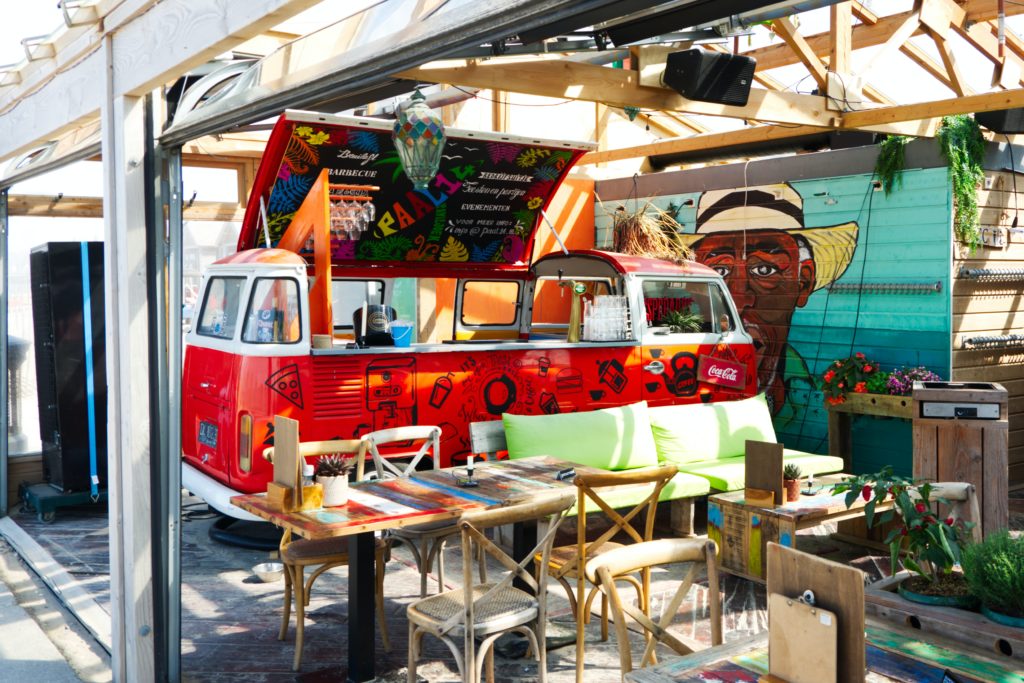A restaurant in Mali has a unique chance to capitalize on the nation’s expanding urban population, rich cultural legacy, and rising desire for fine dining experiences. Both residents and visitors are looking for more varied food options and better hospitality services as towns like Bamako continue to grow. Whether you’re trying to provide traditional Malian foods, foreign cuisine, or a combination of both, Mali’s developing culinary scene offers opportunity for experimentation and economic success.

Overview of the market
Food and hospitality in Mali are still at their infancy stages and developing quickly, especially in urban regions of the country. Most of the restaurant activity, from street food to fine dining, is concentrated in the capital, Bamako. New culinary experiences are becoming more and more popular as the population becomes younger and the middle class expands. There is a desire for international food, particularly French, Lebanese, and West African fusion, and small amounts of tourists also add to the clientele in major cities. Although the restaurant industry is mostly unorganized, it does provide chances for structured businesses that can deliver reliable quality and service.
Business registration
A restaurant in Mali has to be registered with the Guichet Unique de Formalization des Entreprises (GUFE) in order to operate lawfully. This is the only place in Mali to register a business. If you want to hire employees, you will need to register your trade name, get a tax identification number (NIF), choose a legal structure and register with the national social security institution (INPS).
Permits and licensing
A number of specialized permissions are needed to operate a restaurant. You will need a fire safety inspection clearance, a food safety and hygiene certificate from the health department, and a commercial operation license from the local authorities. If you wish to sell liquor, the pertinent municipal authority must grant you an additional liquor license. The maintenance of proper standards in the aspect of preparation, storage, and cleanliness is paramount, and it is common for local and public health officials to conduct inspections.
Location and configuration
It is very important to possess the right site. The perfect places are those that have a lot of foot traffic and are near workplaces, schools, or places with lots of tourists. Always check if the property complies with the zoning regulations related to a food business and before renting or buying. Additionally, you will need to spend money on fridge, dining furniture, ventilation systems, and kitchen equipment. The setup procedure may be sped up by working with a reputable interior designer and contractor who is aware of local norms.
Staffing and training
For constant quality, you must have skilled cooks, waiters, and cleaners working in your restaurant. Although there are plenty of seasoned restaurant employees in the area, you may need to spend money on initial training, particularly to uphold food safety regulations and provide exceptional customer service. Fair employment contracts and registering your staff with the INPS for social security payments are also crucial.
Costs and financial planning
The size, location, and idea of the restaurant will all affect the initial investment expenses. These consist of salary, permits, cooking equipment, furnishings, remodeling, and the rental or purchase of real estate. Anticipate modest starting expenses and the possibility of using a lean business approach in the beginning. Opening a local company bank account is also advised for transparent financial management. The stable West African CFA franc (XOF), which is based on the euro, is used in Mali.
Marketing and branding
Make investments in signage, branding, and a robust web presence to attract clients. In Mali, social media marketing is effective, particularly on Facebook and Instagram. To generate early interest, think about partnering with food bloggers or launching special deals. Long-term prosperity depends on reliable service and positive word-of-mouth. Providing in-house services or distribution via platforms may also increase revenue.
Conclusion
Starting a restaurant in Mali is a potential endeavor for individuals able to negotiate its regulations and satisfy market demands. Entrepreneurs may carve out a position in the nation’s food service industry thanks to consumers’ increasing need for a wider variety of cuisine and better eating experiences, especially in metropolitan regions. Your restaurant may prosper in Mali’s changing culinary scene by maintaining compliance, emphasizing quality, and cultivating solid local ties.
You may also find these articles helpful
Guide on opening a restaurant in Honduras
Guide on opening a restaurant in Jamaica
Guide on opening a restaurant in Martinique






